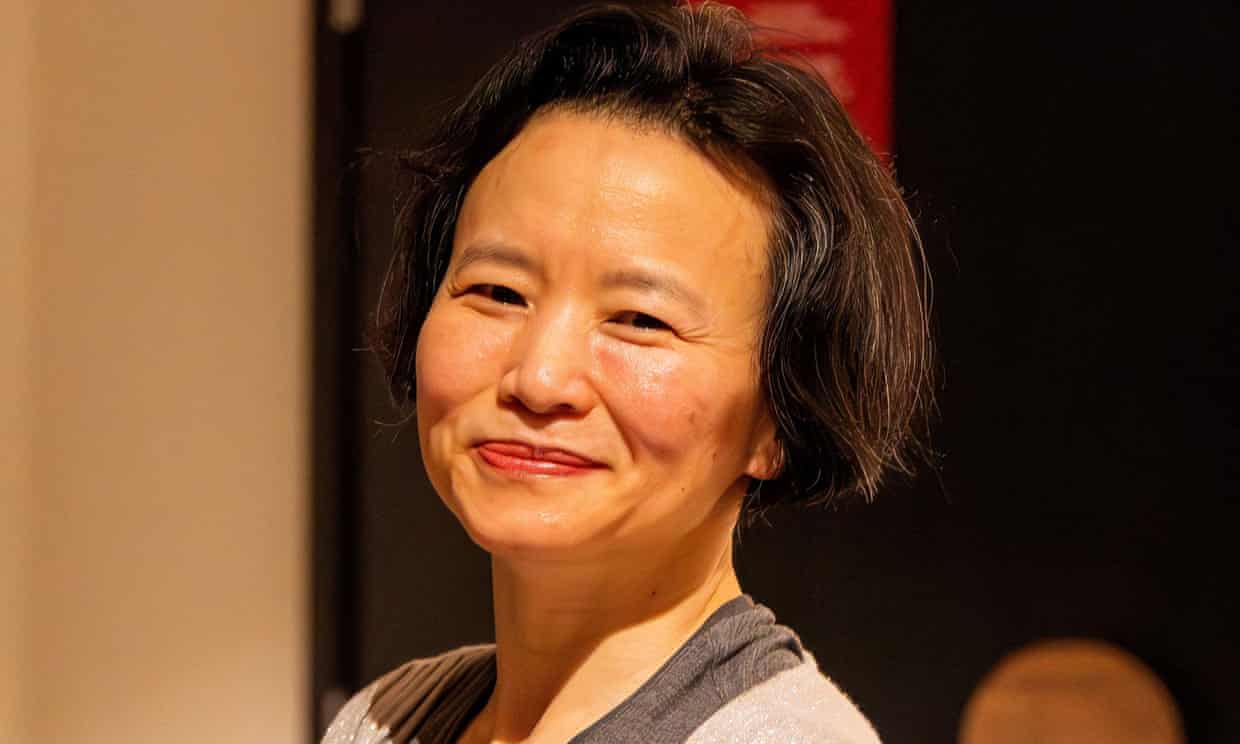“It’s to make you feel isolated, and bored and pained and desperate,” she said.
In the final month of isolation, she was not allowed to read or write, so spent every day sitting in her small dark room.
“They say that they gave me 15 minutes of fresh air, but all they meant was, there’s a window up the top that a guard would open for 15 minutes,” she said.
“But the curtains are still drawn while the windows are open. You never saw anything except the blue curtains, the … carpet and the beige padded walls. It was just silence.”
To pass the time she translated poems in her head, had conversations with her partner, Nick Coyle, and made up a radio station called “coffin FM”.
“Because that’s what it felt like. I was buried alive.”
After six months she was transferred to a separate prison, where she had a cellmate, with whom she could speak Cantonese.
Cheng tried to teach herself Italian, Spanish and Japanese and was allowed to read books Nick sent her.
“I built up a stash of over 200 books. And I used to think ‘wow, this is a book that Nick has lovingly chosen for me’ and has held in his hand,” she said.
“I would just caress the book and keep it close to me. And when there were wise words or encouraging words, I would feel that he had written them.”
Cheng said she could feel a change in the way she was treated after the Labor party came to government, and Australia’s previously frosty relationship with China started to thaw.
She broke down as she spoke about seeing her children and mother for the first time on Wednesday. They ate at a Vietnamese restaurant, and Cheng spent the week doing the school run and adjusting to life back home.
“Every time I look at the sky, I can’t believe… it’s 360 degrees, as opposed to just a little slip up the top of the cell,” she said.
Last week, prime minister Anthony Albanese said Cheng’s return was not part of a deal struck with Beijing and her release followed the completion of China’s judicial process.
The federal government continues to advocate for the release of Australian writer and activist Yang Hengjun, whose health is deteriorating.
He has been detained since January 2019 and continues to await a verdict in his case with his judgment deferred.
Australian Associated Press also contributed to this report.
